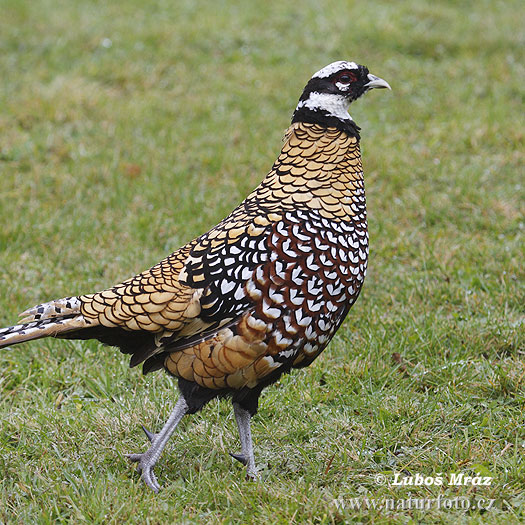mihaitzateo
Regular Member
- Messages
- 943
- Reaction score
- 98
- Points
- 0
- Location
- Bucharest
- Ethnic group
- Romanian
- Y-DNA haplogroup
- proly R1B
in Anatolia we have 8 million kurds and 500.000 zaza we Anatolians hopes to they return their land
This post is off-topic.
And to add,Anatolia was inhabited by Thraco-Dacian people and Greek mostly,your Turkic kin came and did massive genocides against Thraco-Dacian (to which Kurds as it can be seen are related) and against Greeks and a part of them,who accepted to get Turkik ethnicity,assimilated.
Turkey continue with genocides against Kurdish people,which seems to be here from a lot of time before even Roman Empire conquered the area,not to mention Turkish people and did also a massive genocide against Armenians.


